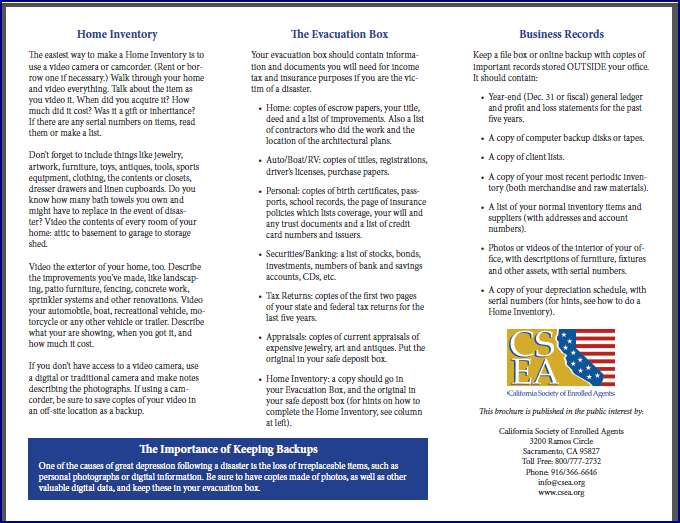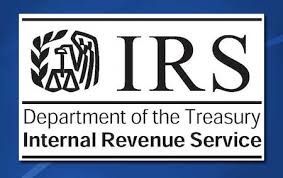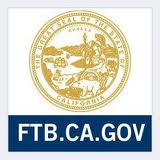 IRS Answers, ‘Canceled Debt – Is It Taxable or Not?’
IRS Answers, ‘Canceled Debt – Is It Taxable or Not?’
If you borrow money and are legally obligated to repay a fixed or determinable amount at a future date, you have a debt. You may be personally liable for a debt or may own a property that is subject to a debt. If you see yourself in this article, and are unsure of what to do, call us at (619) 589-8680.
Cancellation of a debt may occur if the creditor cannot collect, or gives up on collecting, the amount you are obligated to pay. If you own property subject to a debt, cancellation of the debt also may occur because of a foreclosure, a repossession, a voluntary transfer of the property to the lender, abandonment of the property, or a mortgage modification. Continue reading




 Cost segregation deals with the depreciation of real estate enabling investors to dramatically increase the amount of depreciation they write off every year.
Cost segregation deals with the depreciation of real estate enabling investors to dramatically increase the amount of depreciation they write off every year. Seven significant new income tax law changes went into effect at the beginning of the year as a result of two pieces of legislation:
Seven significant new income tax law changes went into effect at the beginning of the year as a result of two pieces of legislation:

 TAX MOVES TO MAKE BEFORE CHRISTMAS.
TAX MOVES TO MAKE BEFORE CHRISTMAS. Mid Year Tax Questions You Need To Ask Yourself
Mid Year Tax Questions You Need To Ask Yourself Retirement is one of the big questions Boomers are facing and keep these thoughts in mind when planning.
Retirement is one of the big questions Boomers are facing and keep these thoughts in mind when planning.